Profit and prosper with the best of Kiplinger's advice on investing, taxes, retirement, personal finance and much more. Delivered daily. Enter your email in the box and click Sign Me Up.
You are now subscribed
Your newsletter sign-up was successful
Want to add more newsletters?

Delivered daily
Kiplinger Today
Profit and prosper with the best of Kiplinger's advice on investing, taxes, retirement, personal finance and much more delivered daily. Smart money moves start here.

Sent five days a week
Kiplinger A Step Ahead
Get practical help to make better financial decisions in your everyday life, from spending to savings on top deals.

Delivered daily
Kiplinger Closing Bell
Get today's biggest financial and investing headlines delivered to your inbox every day the U.S. stock market is open.

Sent twice a week
Kiplinger Adviser Intel
Financial pros across the country share best practices and fresh tactics to preserve and grow your wealth.

Delivered weekly
Kiplinger Tax Tips
Trim your federal and state tax bills with practical tax-planning and tax-cutting strategies.

Sent twice a week
Kiplinger Retirement Tips
Your twice-a-week guide to planning and enjoying a financially secure and richly rewarding retirement

Sent bimonthly.
Kiplinger Adviser Angle
Insights for advisers, wealth managers and other financial professionals.

Sent twice a week
Kiplinger Investing Weekly
Your twice-a-week roundup of promising stocks, funds, companies and industries you should consider, ones you should avoid, and why.

Sent weekly for six weeks
Kiplinger Invest for Retirement
Your step-by-step six-part series on how to invest for retirement, from devising a successful strategy to exactly which investments to choose.
Can money make you happy? An entire quantitative field of study, happiness economics, has grown up around that question. In reading the literature, I came to one inescapable conclusion: Happiness economics makes some academics happy because they can publish conflicting papers that help them earn tenure. Oh, and they’ve boiled down happiness to an equation:
Wit = α + βxit + εit
Simple, right?
From just $107.88 $24.99 for Kiplinger Personal Finance
Become a smarter, better informed investor. Subscribe from just $107.88 $24.99, plus get up to 4 Special Issues

Sign up for Kiplinger’s Free Newsletters
Profit and prosper with the best of expert advice on investing, taxes, retirement, personal finance and more - straight to your e-mail.
Profit and prosper with the best of expert advice - straight to your e-mail.
But the real relationship between income and happiness is more nuanced, and measuring people’s true feelings is tricky. For example, when study subjects are asked how happy they think people at different income levels are likely to be, they generally underestimate the happiness of the poor. And because much of the research considers just two variables, with income on one axis and happiness on the other, the other factors that make us happy, such as personal relationships and health, are left out.
One of the best studies on the subject was done by economist Angus Deaton and psychologist Daniel Kahneman, winner of a Nobel Prize for Economics. The two, both professors at Princeton University, found that day-to-day happiness increases as income approaches $75,000 a year, but then levels off. The reasoning is that having more money helps us cope with life’s problems, so we feel less sad and stressed. At the $75,000-a-year cutoff point, Deaton says, money is no longer as big an issue.
But Deaton and Kahneman distinguish between day-to-day happiness and life satisfaction. People at every income level who see a rise in income consider themselves more successful. So for every 10% rise in income, people gain the same amount of satisfaction, whether they’re making $50,000 or $500,000.
The two researchers conclude: “High incomes don’t bring you happiness, but they do bring you a life you think is better.” I think there’s a dimension that statement ignores. In his book Rush: Why You Need and Love the Rat Race (Hudson Street Press, $26), Todd Buchholz makes a convincing case that striving and achievement, which often correlate with higher salaries, enhance happiness. Buchholz, a former Harvard economics instructor and former White House adviser, says, “The truth is, most people have a deep need to work and to create.”
Buying Happiness
Note that Buchholz doesn’t say owning more stuff makes us happier. Cornell University psychology professor Thomas Gilovich agrees—at least, he says, more stuff doesn’t make us happier for long. Gilovich, the author of one of my favorite books, How We Know What Isn’t So (The Free Press, $19), explains that possessions give us short-lived pleasure because we’re amazingly adaptable. When faced with a bad situation, adaptability can be very helpful—we adjust to the situation and it no longer bothers us as much. But when it comes to material things, such as a big-screen TV, the pleasure we take in them drops quickly. People who seek more stuff end up on “a hedonistic treadmill,” he says.
It’s much better, says Gilovich, to spend money on doing things rather than buying things. Experiences, such as vacations and barbecues with friends, don’t seem to be as easily devalued by our adaptive abilities. “You get a lot more social value out of your experiences,” he says. “When you talk to people about your experiences, it tends to be an enjoyable conversation. You talk about material goods much less.”
And our experiences don’t lend themselves to easy comparisons, which gives them unique value. Gilovich points out that with a car, for example, comparisons are too easy: “Your car costs less money? It gets better mileage and it’s more reliable? Argh! You have a better car than I do!”
But, he says, “What if you went to Bali and I went to Hawaii? Well, Bali’s more exotic, but I went to Hawaii with friends and I have my memories, and I’m not worried by that comparison.”
Profit and prosper with the best of Kiplinger's advice on investing, taxes, retirement, personal finance and much more. Delivered daily. Enter your email in the box and click Sign Me Up.

-
 Quiz: Do You Know How to Avoid the "Medigap Trap?"
Quiz: Do You Know How to Avoid the "Medigap Trap?"Quiz Test your basic knowledge of the "Medigap Trap" in our quick quiz.
-
 5 Top Tax-Efficient Mutual Funds for Smarter Investing
5 Top Tax-Efficient Mutual Funds for Smarter InvestingMutual funds are many things, but "tax-friendly" usually isn't one of them. These are the exceptions.
-
 AI Sparks Existential Crisis for Software Stocks
AI Sparks Existential Crisis for Software StocksThe Kiplinger Letter Fears that SaaS subscription software could be rendered obsolete by artificial intelligence make investors jittery.
-
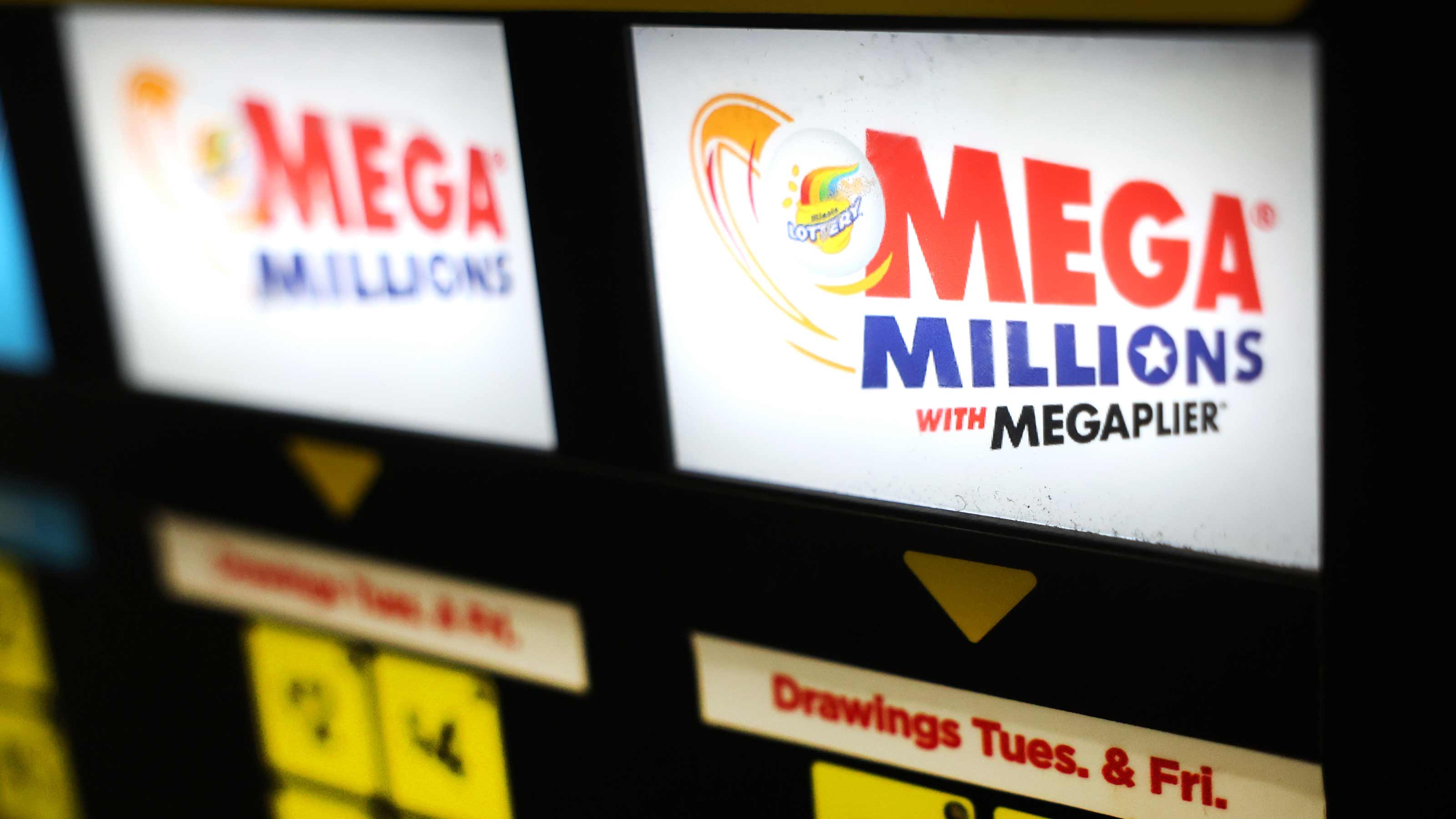 How I'm Going to Invest My Mega Millions Lottery Jackpot
How I'm Going to Invest My Mega Millions Lottery JackpotThe odds of winning the Mega Millions lottery are effectively zero, but here's how I'm investing my fortune should I hit the jackpot.
-
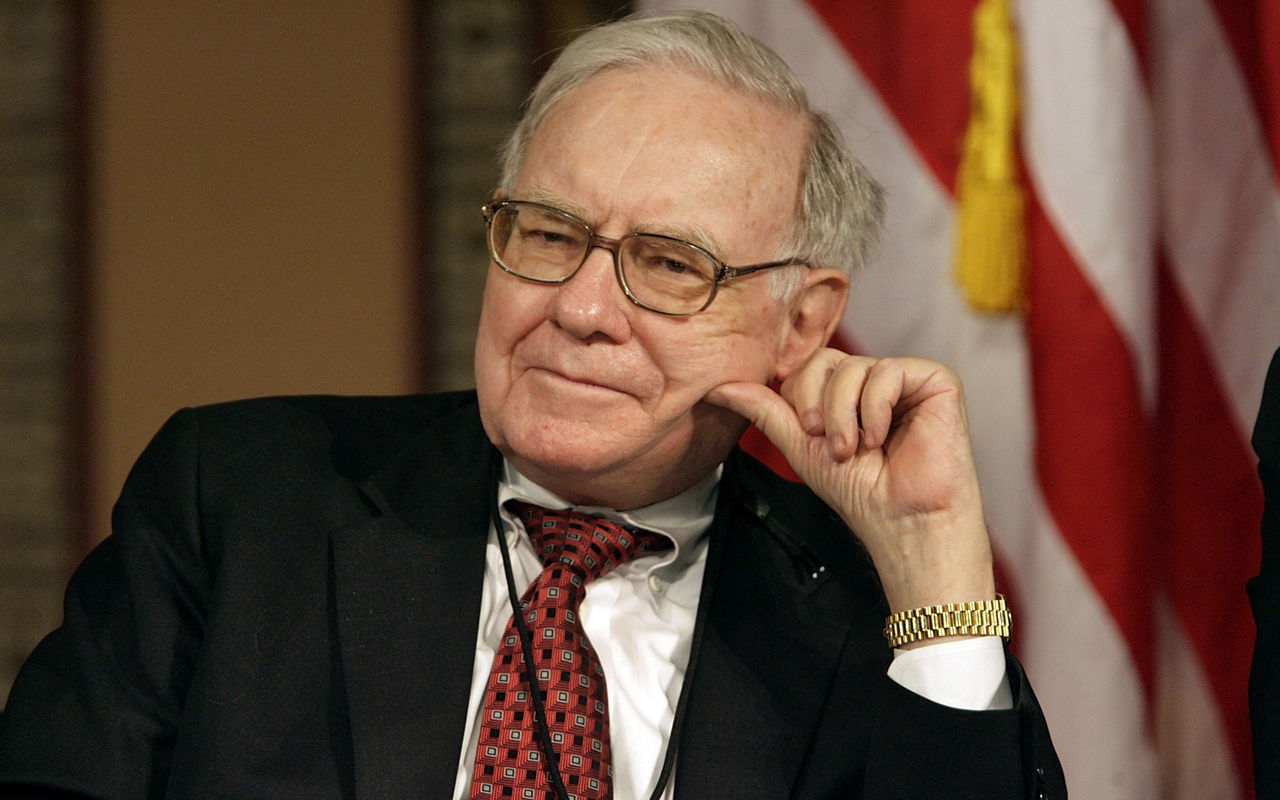 Four Random Facts and Thoughts About Warren Buffett
Four Random Facts and Thoughts About Warren BuffettIf I love Warren Buffett so much why don't I just marry him?
-
 Investing in Gold Is Dumb
Investing in Gold Is DumbStocks are better than gold for both generating wealth and offering protection against inflation.
-
 What's So Scary About a Mega-Cap Tech Bull Market?
What's So Scary About a Mega-Cap Tech Bull Market?Bears say the market can't keep rallying when only five mega-cap tech stocks are driving returns, but history suggests otherwise.
-
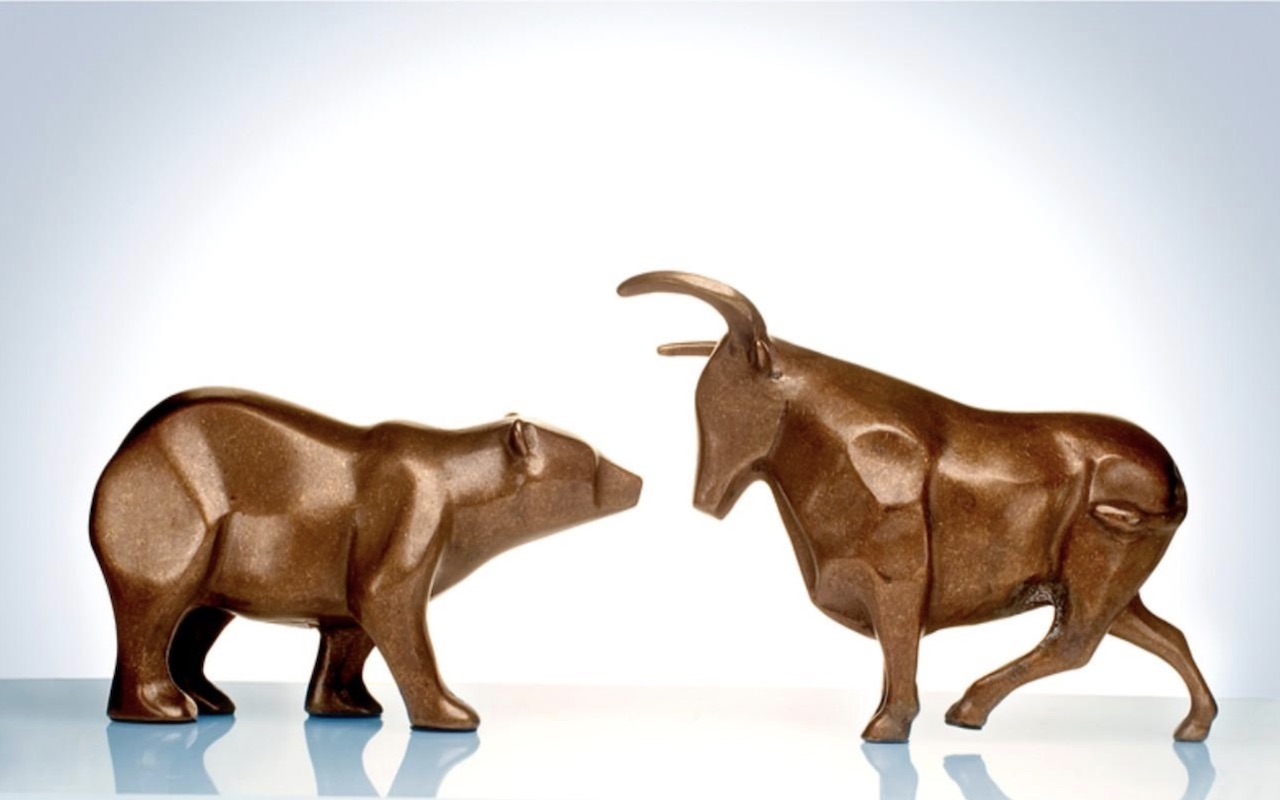 We Are Not in a Bull Market
We Are Not in a Bull MarketIt takes more than a 20% gain off the low to proclaim the beginning of a new bull market.
-
 Why I Don't Buy Stocks
Why I Don't Buy StocksIt's nearly impossible to beat the market – but it is cheap and easy to match it.
-
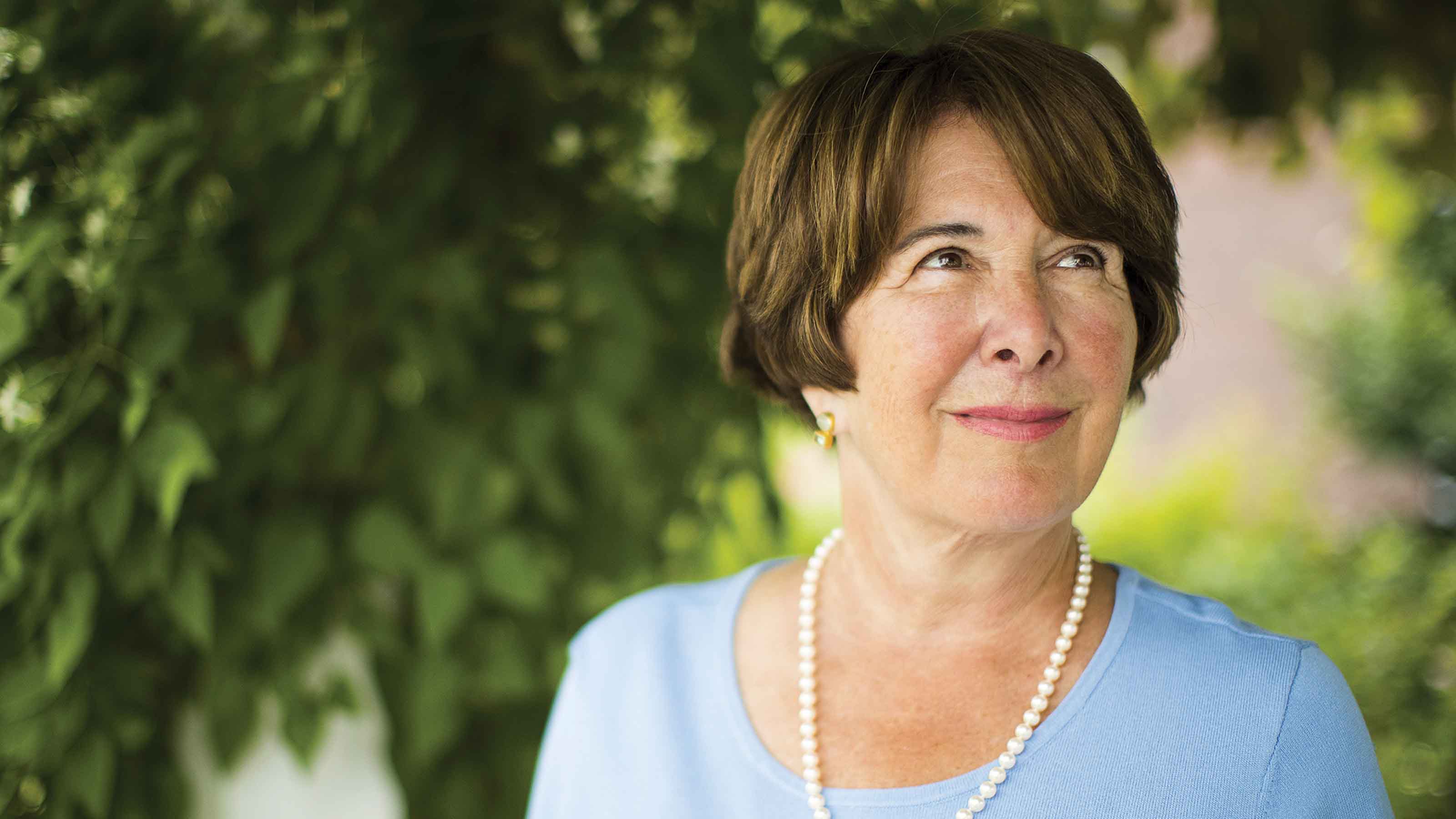 Amy Domini on the Secrets of Sustainable Investing
Amy Domini on the Secrets of Sustainable InvestingESG An ESG pioneer says finding good corporate citizens is the best way to make money.
-
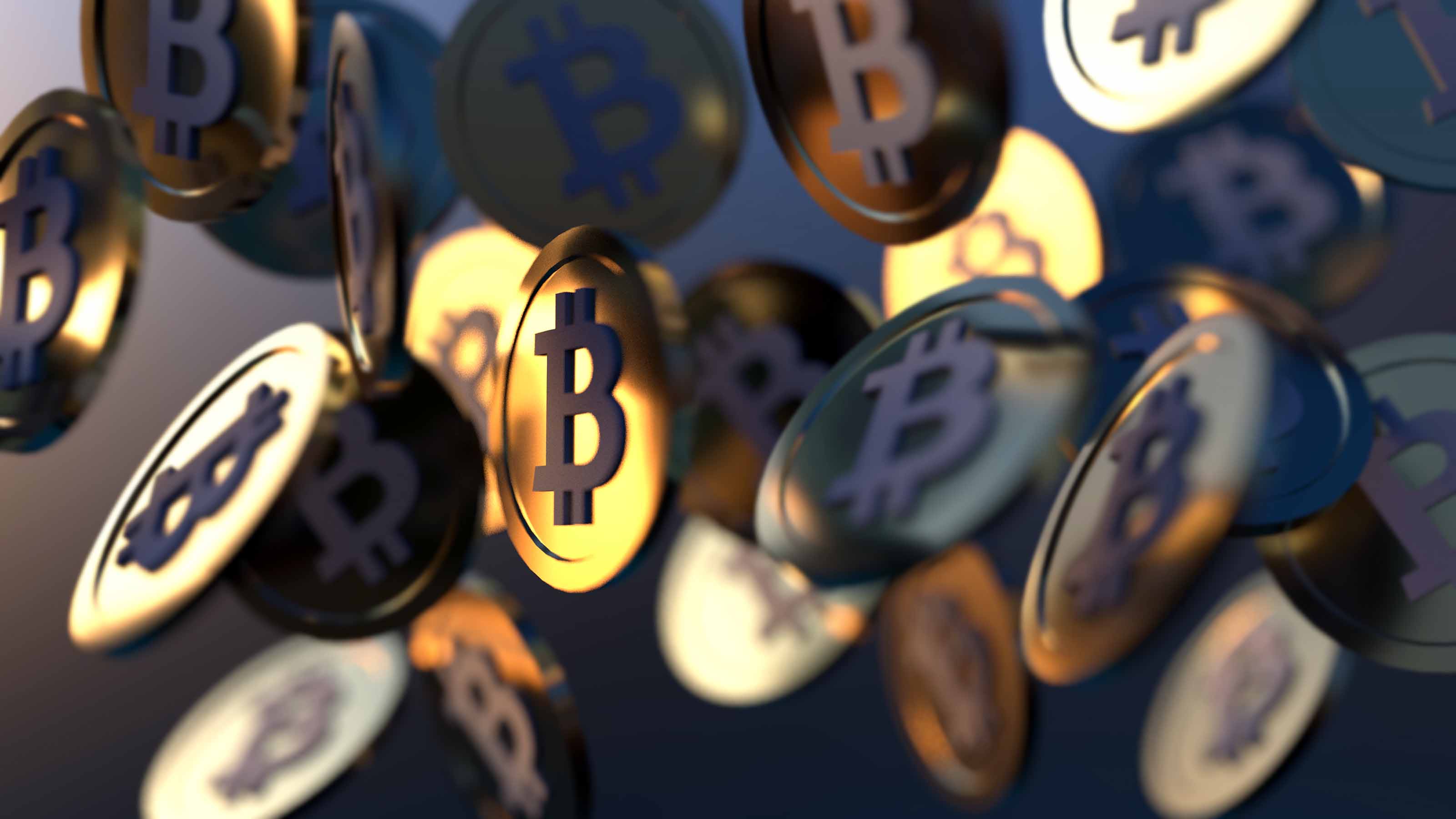 New Ways to Invest in Bitcoin
New Ways to Invest in BitcoinBecoming an Investor ProShares Bitcoin Strategy and other ETFs offer an easier way to gain bitcoin exposure than buying the actual cryptocurrency.
